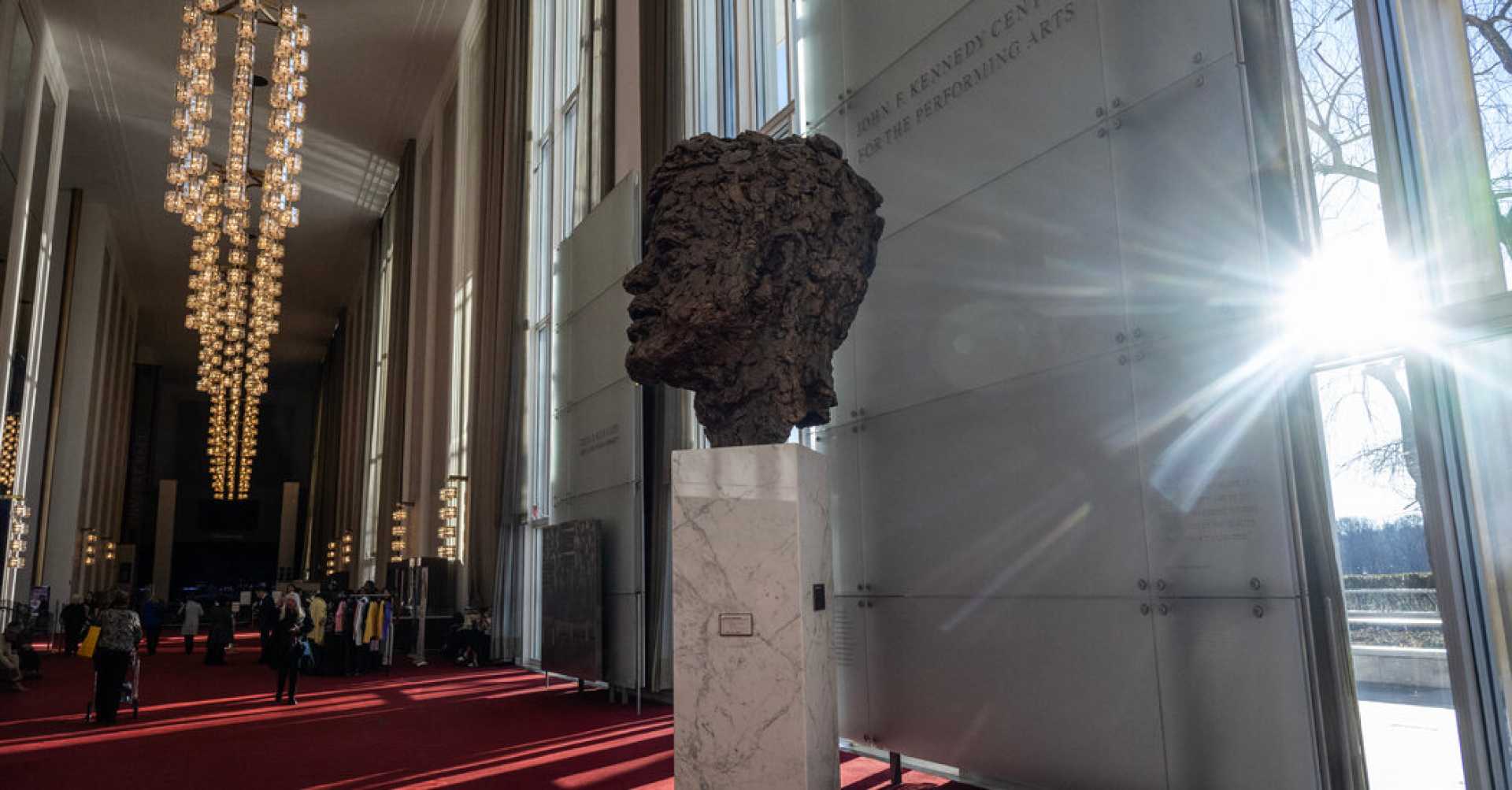Politics
Trump Elected Chairman of Kennedy Center Amid Programming Controversy

WASHINGTON, D.C. — President Donald Trump has been elected chairman of the John F. Kennedy Center for the Performing Arts following a recent board reconstitution, according to the president’s announcement on February 12, 2025. The decision was made during a board vote that Trump claims was unanimous.
In a post on his Truth Social platform, Trump expressed enthusiasm about his new role, stating, “It is a Great Honor to be Chairman of The Kennedy Center, especially with this amazing Board of Trustees. We will make The Kennedy Center a very special and exciting place!”
Trump’s election comes shortly after he declared his intentions to overhaul the Kennedy Center’s leadership by terminating several existing members of the Board of Trustees, including the previous chairman, David Rubenstein. According to Trump, these changes align with his vision for a “Golden Age in Arts and Culture.”
In an ominous sign for some, Trump has indicated plans to exert significant influence over the center’s programming, specifically targeting events featuring drag performers. “Just last year, the Kennedy Center featured Drag Shows specifically targeting our youth — THIS WILL STOP,” Trump insisted.
Trump’s declaration aligns with a broader agenda in his second term, as he has proposed numerous changes across federal agencies, including freezing funding for diversity initiatives. Critics have warned that Trump’s involvement marks a potential departure from the historical precedent of artistic independence at federal cultural institutions.
The Kennedy Center issued a statement acknowledging Trump’s social media post. “We have received no official communications from the White House regarding changes to our board of trustees,” the statement reads. “Moreover, while this action would be unprecedented, it is not expressly forbidden.”
Trump’s abrupt alterations have sparked controversy, particularly among artists and advocates within the drag community. Blaq Dinamyte, president of the national network Qommittee, criticized the potential censorship, stating, “This is about who gets to exist in public spaces and whose stories get to be told on America’s stage. Banning an entire art form is censorship, plain and simple.”
Since its opening in 1971, the Kennedy Center has operated as a public-private partnership with bipartisan support. According to their statement, approximately 16 percent of its operational budget comes from federal appropriations, with the rest funded through ticket sales and donations. This dynamic has fueled the debate about the board’s composition and the implications of changing leadership.
While Trump’s past relationship with the Kennedy Center has been marked by avoidance—he did not attend the Kennedy Center Honors during his first term—the recent upheaval could signal a new chapter in the center’s history. The Kennedy Center has historically maintained a collaborative relationship with various presidential administrations, a practice Trump now appears poised to disrupt.












